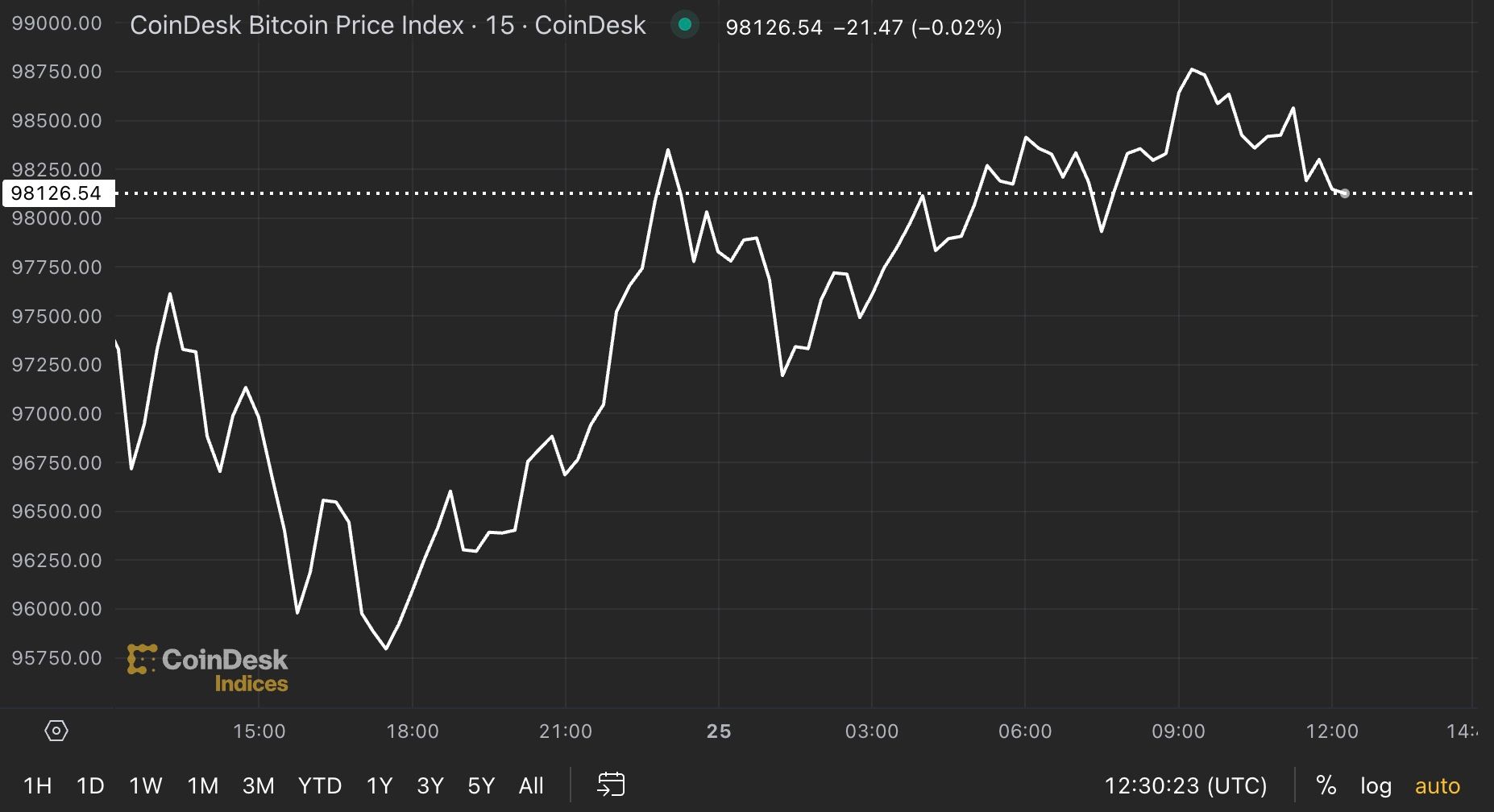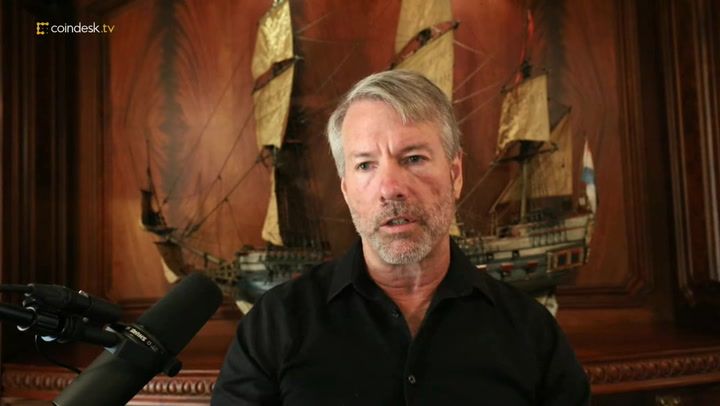ARTICLE AD
The FCA emphasizes strict crypto regulations to prevent illegal activities, ensuring safety while supporting companies through the registration process.
Key Notes
The FCA emphasizes strict regulatory standards in the crypto industry to prevent illegal activities.Val Smith states the importance of collaboration with companies and jurisdictions to create a reliable and secure crypto sector.The registration process for crypto firms involves careful review based on company operations, leadership, and customer base.The United Kingdom Financial Conduct Authority (FCA) has once again emphasized the need for strict regulatory standards in the crypto industry. In a blog post, the head of FCA’s Payments and Digital Assets division, Val Smith, stated that many might perceive the regulations as too tough and potentially curbing innovation. However, she explained that these measures are in place to prevent illegal activities such as money laundering, terrorism financing, and human trafficking.
Smith noted that the commission never dismisses applications arbitrarily. However, making the standards flexible won’t guarantee the safety of the public, nor does it mean the markets will function better. She likened it to building a house on shaky ground – if the rules are not followed, the entire structure could collapse.
She revealed that the organization is committed to working with companies and other jurisdictions to establish a crypto sector built on a reliable and solid foundation. She said:
“Innovations built quickly on unsafe, unregulated, and untrusted foundations become a house built on sand – likely to collapse. Instead, we want to closely collaborate with partners across government, industry, and other jurisdictions to develop a crypto sector that’s built on reliable, sturdy foundations. By doing this, we can help enable safety, security, and sustainable growth for years to come.”
According to Smith, companies seeking to enter the crypto industry will receive the necessary support and guidance throughout the registration process. This includes pre-application meetings and advice on best practices, helping firms understand the steps required to meet the regulations.
Before applications are granted, they will be carefully reviewed based on various factors, such as how the company operates, the person in charge, and the customers they plan to serve. Smith mentioned that this careful approach ensures fairness, but it also means that the time it takes to register can differ for each company. She stated:
“Our decision on whether to register isn’t just based on the controls and systems firms have in place. We look at the environment they operate in, the people involved in these processes, and the customers they want to reach. All this means the time it takes to reach a decision can and will vary.”
Guidance and Support Offered to Companies Navigating the Registration Process
Smith acknowledged that people will still be interested in the number of registered crypto companies as the UK updates its rules. She emphasized that the FCA’s main goal is to protect the financial system and consumers. The organization is focused on keeping companies that meet the required standards to operate while weeding out the risky ones.
Smith concluded that the reason behind this regulatory standard is that it meets the organization’s vision of creating a competitive and thriving crypto industry in the UK. By maintaining these standards, the organization isn’t just protecting the present but also ensuring a better future.
Disclaimer: Coinspeaker is committed to providing unbiased and transparent reporting. This article aims to deliver accurate and timely information but should not be taken as financial or investment advice. Since market conditions can change rapidly, we encourage you to verify information on your own and consult with a professional before making any decisions based on this content.

Temitope is a writer with more than four years of experience writing across various niches. He has a special interest in the fintech and blockchain spaces and enjoy writing articles in those areas. He holds bachelor's and master's degrees in linguistics. When not writing, he trades forex and plays video games.


 1 month ago
20
1 month ago
20 

